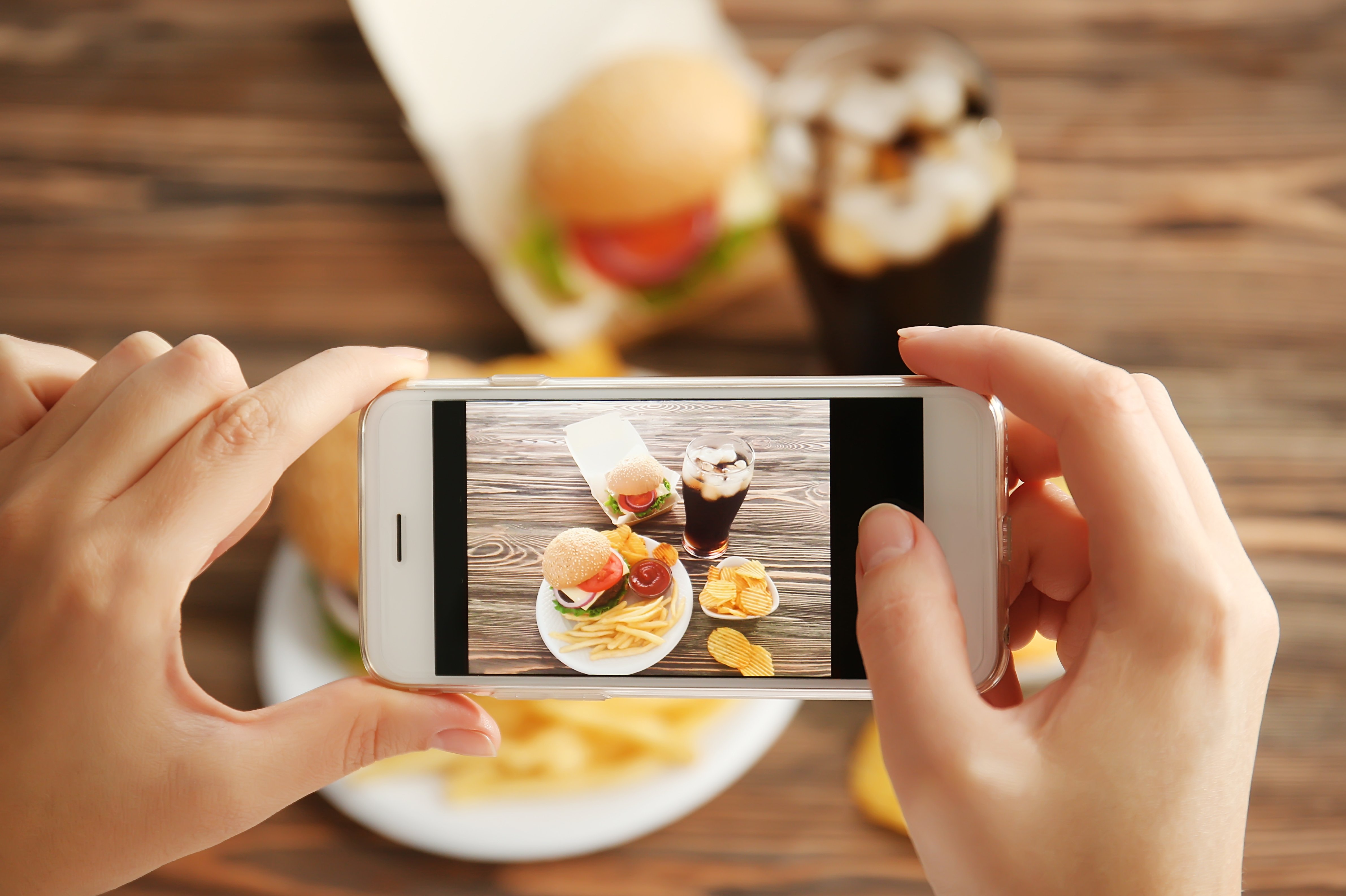
(Vienna, 09 May 2022) Three-quarters of the products that German-speaking influencers post about on various social media channels are so unhealthy that they contravene the WHO (World Health Organization) advertising standards for children. That's according to new research findings by a team led by Eva Winzer from MedUni Vienna's Center for Public Health, which were presented at this year's European Congress on Obesity in Maastricht. The researchers' analysis shows that teenagers using TikTok, Instagram, and YouTube are exposed to ads for 18 products an hour, usually without realising it.
As part of the study, the MedUni Vienna research team analysed meals, snacks and drinks that appeared in posts and videos by six of the most popular German-speaking influencers on TikTok, YouTube and Instagram. Together, the contributions from these three men and three women reach and influence more than 35 million followers and subscribers in the 13 to 17 age group. The study found that 75% of the foods and beverages presented were so high in salt, fat or sugar that, according to WHO guidelines, they should not be marketed to children. Moreover, most of the posts and videos were not clearly identified as advertising. "This underscores the urgent need for guidelines and effective regulation of influencer marketing aimed at children," emphasises study leader Eva Winzer.
20% are overweight or obese
The results of the study must be seen against the background that, globally, 20% of children and adolescents are already overweight or obese. In this context, the advertising of unhealthy products is considered to be an important factor in childhood obesity and has a lasting influence on dietary preferences and eating habits. So far, little research has been done into the impact of German-language social media posts about food and beverages. Until now, little was known about the frequency and content of the visual representation of food and beverages by influencers in German-speaking countries.
Encouraging children to lead healthy lifestyles
"How can we expect our children to eat healthily when the content on social media is geared toward high-fat, high-salt, high-sugar foods?" asks Eva Winzer, in the light of the findings from her study, and demands that: "Policymakers need to step up their action against social media on this issue. The majority of countries do not have any restrictions on the marketing of unhealthy food and drinks on websites, social media, or mobile apps. Governments must put measures in place to ensure that children are encouraged to lead healthy lifestyles choices," says Eva Winzer.
About the study
Promotion of Food & Beverages by German-speaking Influencers Popular with Adolescents on TikTok, Instagram, and YouTube.
Winzer E., Naderer B., Klein S., Lercher L., Wakolbinger M. (2022),
doi: 10.3390/ijerph191710911